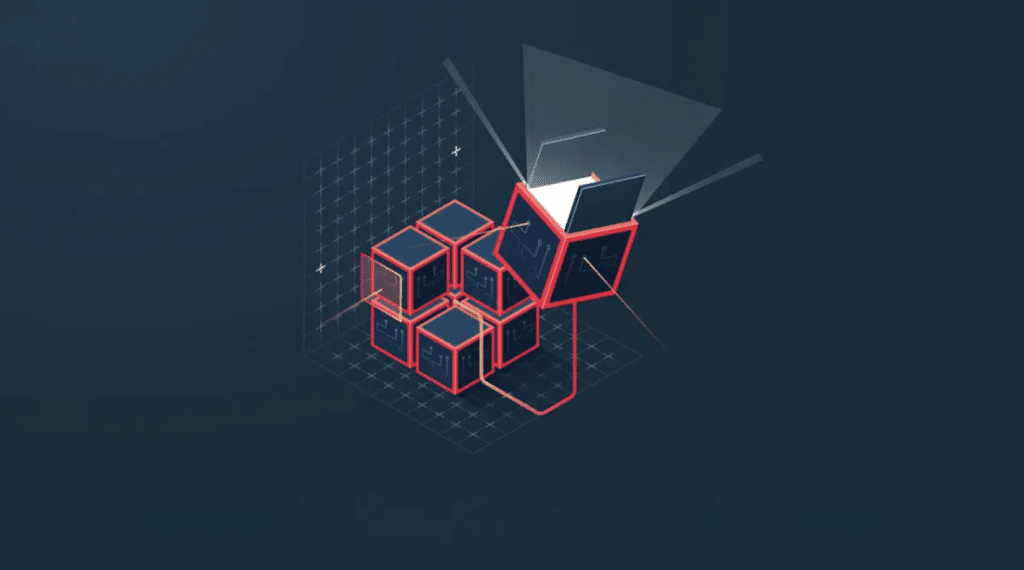In the past decade, blockchain technology has shaken up industries, from finance to healthcare, supply chains to entertainment. But despite all the buzz, it’s still a concept that many find confusing. If you’ve ever scratched your head wondering what blockchain actually is and how it works, you’re in the right place.
This comprehensive blockchain guide will break everything down — in plain English — without the jargon overload. Let’s dive in!
What is Blockchain?
Imagine a digital notebook that everyone can see but no one can erase or alter. That’s a blockchain in a nutshell.
Blockchain is a decentralized digital log that records transactions across many computers. Because it’s spread out, it’s extremely difficult (almost impossible) to alter past records without changing all subsequent blocks and gaining network approval.
At its core, blockchain is about transparency, security, and trust without needing a middleman like a bank or government.
How Does Blockchain Work?
Here’s the simplified version:
Each block contains a unique code called a hash that links it to the previous block — creating a chain of blocks. Hence the name: blockchain.
Key Features of Blockchain Technology
Blockchain isn’t just popular for fun. It’s packed with features that make it a game-changer:
These features are what make blockchain so appealing to industries that need secure, verifiable data without a middleman.
Types of Blockchain Networks
Not all blockchains are built the same. Here are the main types:
1. Public Blockchains
2. Private Blockchains
3. Consortium Blockchains
4. Hybrid Blockchains
Each type has its own pros and cons, depending on what you need from the technology.
Common Uses of Blockchain Beyond Cryptocurrency
People often use blockchain and bitcoin interchangeably. But blockchain is so much more than just crypto. Here’s how different industries are leveraging it:
Blockchain’s real-world applications are only just beginning. We’re standing on the edge of a blockchain-powered future!
Benefits of Using Blockchain
Why would businesses and individuals choose blockchain? Here’s why:
In short, blockchain helps create systems that are faster, cheaper, safer, and more trustworthy.
Challenges and Limitations of Blockchain
Despite all the hype, blockchain isn’t perfect. There are challenges to consider:
Future innovations like Proof of Stake and Layer 2 solutions are working to overcome these hurdles.
Popular Blockchain Platforms You Should Know
If you’re thinking of exploring blockchain yourself, here are some major platforms to check out:
Each of these has its own unique strengths, depending on what you’re looking to build or invest in.
How to Get Started with Blockchain
Feeling inspired? Here’s a quick roadmap for getting involved:
Blockchain is still evolving, and the opportunities are endless if you’re willing to learn and adapt.
Conclusion: The Future is Blockchain
Blockchain is more than just a buzzword — it’s a revolutionary technology that’s reshaping how we think about trust, transparency, and transactions. Whether you’re a curious beginner or an ambitious entrepreneur, understanding blockchain now could set you up for success in the tech-driven world of tomorrow.
Get ready, because the blockchain revolution is only just getting started!
FAQs About Blockchain
1. Is blockchain only used for cryptocurrencies?
Nope! While it started with Bitcoin, blockchain now powers many industries like healthcare, logistics, and entertainment.
2. Can blockchain be hacked?
It’s incredibly difficult to hack a blockchain due to its decentralized nature and strong cryptography.
3. What’s the difference between blockchain and Bitcoin?
Blockchain is the technology; Bitcoin is one application of that technology.
4. How much does it cost to use blockchain?
It varies — some networks have high transaction fees, while others are cheaper or even free.
5. Can I create my own blockchain?
Absolutely! If you have technical skills, you can build your own blockchain or hire developers to create one.

